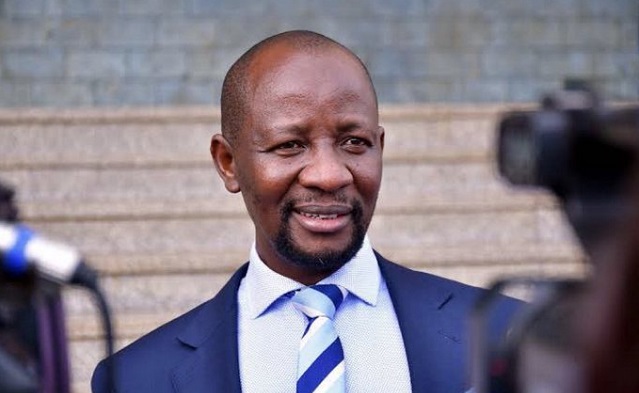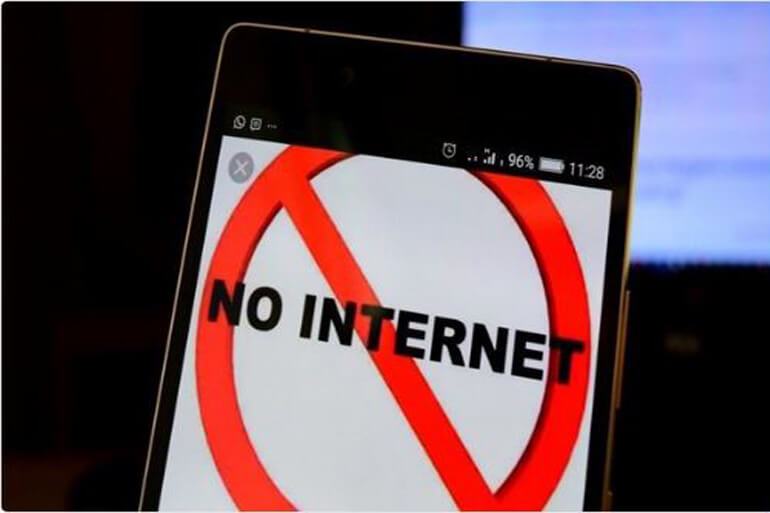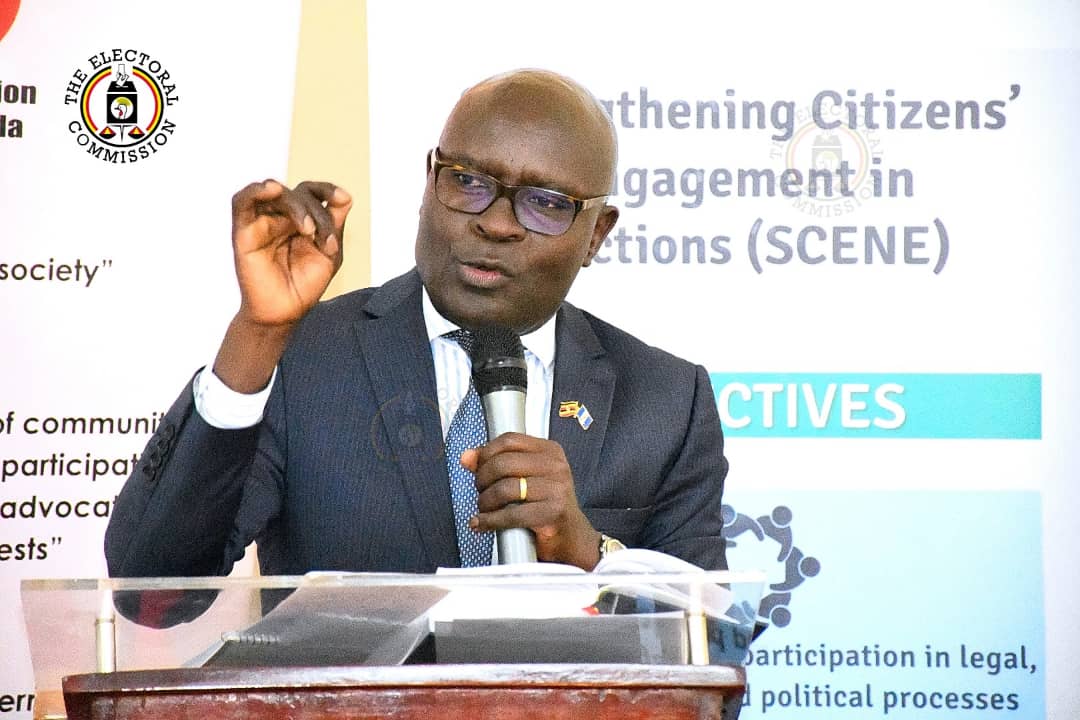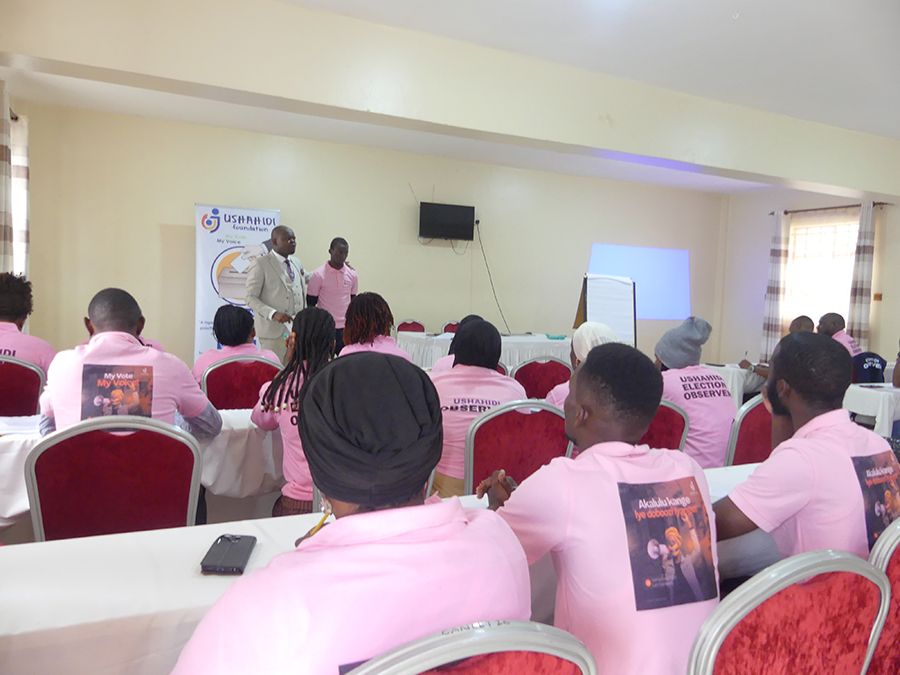Sex workers in Mbale say their livelihoods have been shattered after President Museveni failed to deliver on a public promise to fund their Savings and Credit Cooperative Organization (SACCO) with Shs 100 million.
Nearly a year after the pledge was made, the group says the delay has left them poorer, stigmatised, and under increased police scrutiny.
Over the weekend, the sex workers confronted the minister of State for Youth, Balaam Barugahara, during an NRM mobilization meeting in Mbale.
They demanded to know when the money would arrive.
“Since the president mentioned us, people look at us differently. Some of our customers fear being associated with us,” one of the women told journalists.
“We believed the money would help us start small businesses and leave sex work, but we have instead lost everything.”
The group said that since Museveni’s public remarks, their earnings have fallen sharply as clients avoid them, fearing exposure or arrest.
Museveni made the pledge in December 2024 during the Bugisu Youth Symposium, where he was reviewing the progress of the Parish Development Model (PDM).
During the event, sex workers presented themselves as an organised group seeking financial support to abandon prostitution and start legitimate businesses. Moved by their appeal, Museveni promised Shs 100 million to help them form a SACCO and begin a new life.
His announcement immediately sparked controversy, with critics questioning how the government could fund a group engaged in an illegal trade.
Under the law, commercial sex work remains criminalised.
Yet what was meant to be a gesture of empowerment has instead turned into a source of hardship.
The sex workers say the publicity surrounding the promise has made them more visible to security agencies and judgmental members of the public, further isolating them.
“Our lives have become harder since the announcement,” one member said. “People mock us and the police keep monitoring our movements. We cannot even work freely.”
Barugahara acknowledged the women’s frustration but offered no concrete answers.
“I will raise the matter with the president,” he said, adding that he could not promise when or if the funds would be released.
However one of the women told the minister they were not seeking favours from the government.
“We trusted the government and followed the right process,” she said. “Now we are being punished for believing in the promise.”







